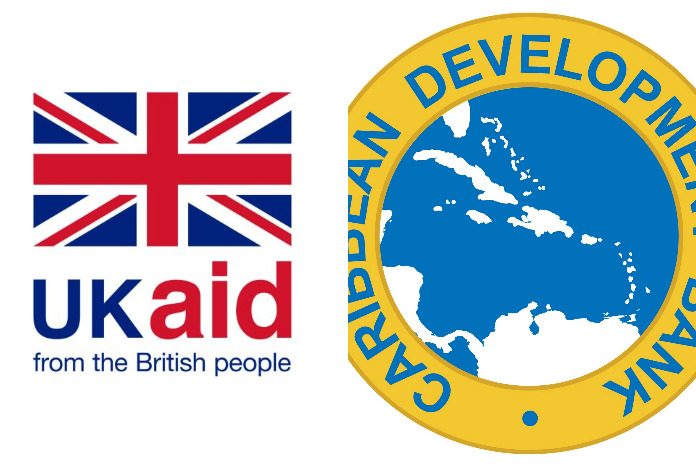BRIDGETOWN, Barbados – The Caribbean Development Bank (CDB) has recently kicked off a project to make Dominica’s water supply resilient to climate change and tackle inequalities in the access to water. With support from the United Kingdom through CDB, a strategic plan, a feasibility study and detailed designs are under development to help the government of Dominica to improve the water infrastructure.
CDB has approved £2.1 million for the project, fully funded from a £25 million grant from the United Kingdom, which will ultimately cover actual construction.
“The improved water infrastructure will be important for Dominica’s key economic sectors, including agriculture, manufacturing, and tourism. The project findings will serve as a roadmap for medium to long-term interventions in the water sector in Dominica,” said Andrew Dupigny, head of infrastructure partnerships, CDB.
As part of this project, designs will be developed to improve the potable water system, water treatment facilities, pumping stations, water storage reservoirs and transmission mains. This will facilitate the construction of more resilient infrastructure and reduce down-time. In addition, the capacity of the national utility, Dominica Water and Sewerage Company Limited (DOWASCO), will be strengthened to provide resilient water supply and sanitation.
Although Dominica is a water-rich country, hurricane Maria in September 2017 has shown that the reliability of the provision of potable water supply is under threat from extreme weather events, exacerbated through climate change. Strong winds, flooding, landslides, falling trees and power outage damaged 41 out of 43 water supply areas in the country, a third of them severely.
“In response, the United Kingdom announced additional funds of £25 million to reconstruct a resilient and efficient water supply system in Dominica. The United Kingdom is proud to support the Commonwealth of Dominica on its quest to becoming a more climate-resilient nation and looks forward to seeing this important project progress,” said Nigel Kirby, team leader, United Kingdom Caribbean Infrastructure Fund (UKCIF), Department for International Development (DFID).
The additional funds are part of the £330 million UKCIF, which provides grant funding to support improved livelihoods, poverty reduction and safer conditions for the people in nine Caribbean countries and is administered by CDB.
The full study is expected to be completed by the end of 2020, but construction of priority works is projected to start before that time.





